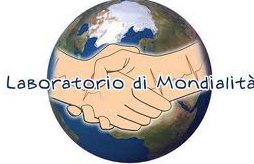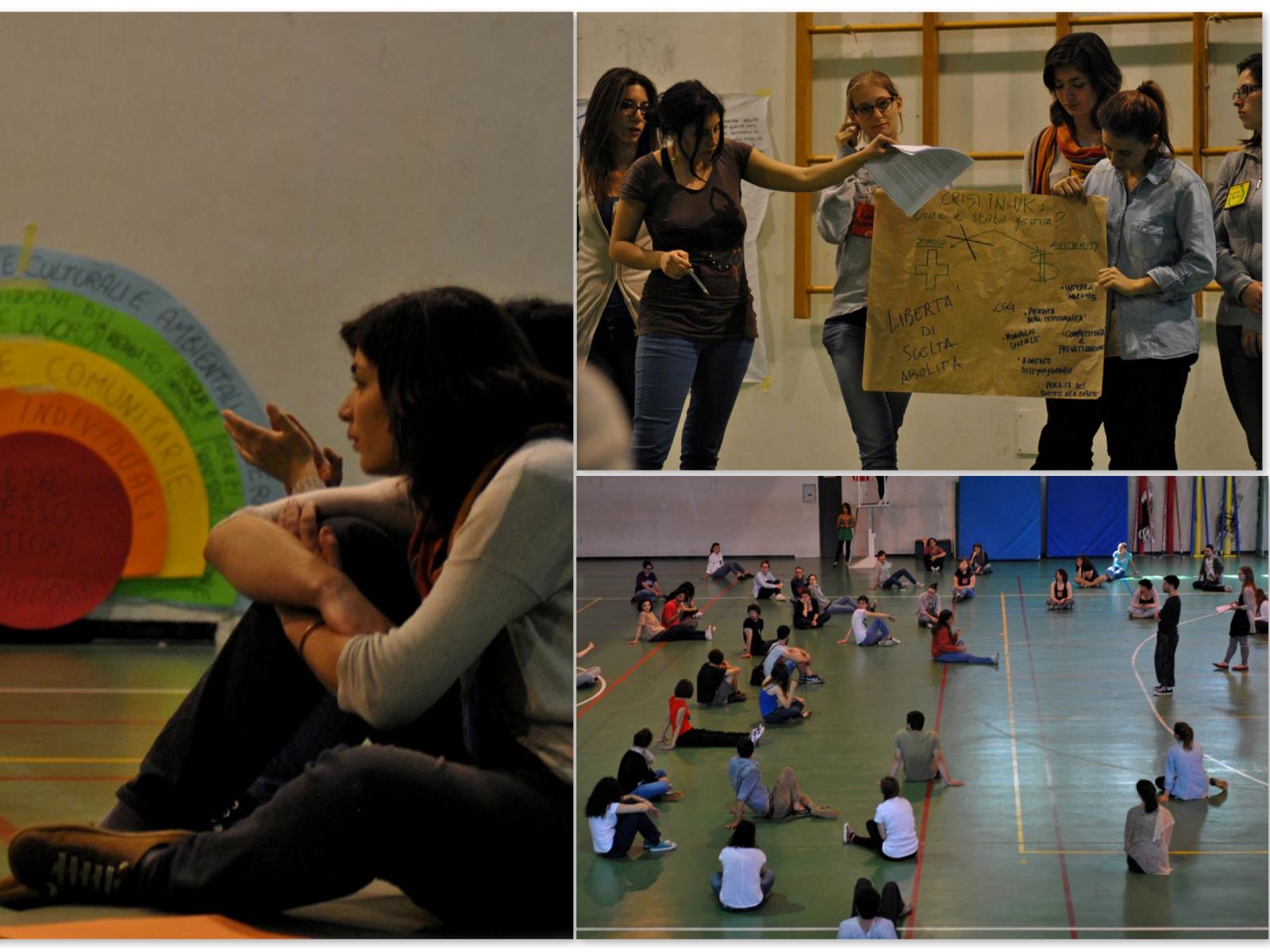


Theme
3II International
INSTITUTION
SISM - Segretariato Italiano Studenti in Medicina (IFMSA Italy)

The lack of education on Global Health themes in Italian academic curricula was highlighted by several studies1,2. In acting to promote an healthier life for the single patient and the community, students realized that, by now, traditional curricula in Medical Schools don’t pay enough attention to Global Health topics and to the deep connection existing between globalization and health, in terms of equity, human rights and sustainability.

Instead of accepting the absence of this kind of education, students organised to promote the formation on Global Health among the Italian Universities, not only as students but, first and foremost, as citizens. For this reason, SISM gave birth to the LabMond in 2006, and a new edition is repeated every year, in spring, in different italian cities.
The LabMond is a three-days long lasting educative event; it aims at providing medical students with basic knowledge on Global Health, through a self-formation process and a yearlong work to find, on the one hand, new discussion topics, on the other hand, new methods to encourage students in sharing and transmitting the notions gained during the Laboratory to their colleagues, in order to create a continuing formation on Global Health. The finale goal is Global Health as an essencial part of the curricula in medical faculties.
These are the results stated from 2007 to 20124
| Total number of courses | Curricular courses | Non-curricular courses |
| 40 | 13 | 27 |
| 1 | Faculty of Medicine and Psychology, University of Rome “La Sapienza” |
| 2 | International Medical School, University of Rome “La Sapienza” |
| 3 | Faculty of Medicine and Surgery, University of Genoa |
| 4 | Faculty of Medicine and Surgery, University of Milan “Bicocca” |
| 5 |
Faculty of Medicine and Surgery, University of Udine |
| Metodologies used | |
| Group Work | 14 |
| Case Studies | 6 |
| Role Playing | 4 |
| Total number of courses | 40 |
| Issues | Number of courses |
| Determinants of health | 23 |
| Health Inequalities | 21 |
| Migration | 15 |
| International Cooperation | 19 |
| Globalization and health | 14 |
| Healthcare Systems | 10 |
| Total number of courses | 40 |
Since Labmond was created, nearly 650 students took part in it, 10 self-education groups borned in different cities and local Global Health events were organized. Indeed, the strengh of the project is clearly represented by the spreading power it has at a local level. Students coming back from the National event organized and gathered together to provide the same experience to their fellows.
Thanks to an appropriate collaboration between bottom-up forces and top-down actions, from students to the RIISG, from the network to the institutions, Global Health is currently part of the medical curriculum in 5 out of 38 Universities in Italy.
Moreover, a total of 40 elective courses have been provided by students and professors.
This is the most evident way to explain how a group of students lay the groundwork for what happened 7 years later: mandatory Global Health topics inside medical curricula.
Nothing is possible acting alone. Bottom-up approaches from students can really change the medical education panorama as concerns methods, the implementation of non formal education inside the universities, and contents either.
In conclusion, Labmond can be easily reproduced in every country.

1 Rete Italiana per l'Insegnamento della Salute Globale (RIISG), 2011. Global health education in Italian medical schools: survey from 2007 to 2010, Annali Igiene, Sept-Oct; 23 (5), 357-65.
2 Osservatorio Italiano Salute Globale (OISG), Salute Globale: Informazione per cambiare. 4° Rapporto dell’Osservatorio Italiano sulla Salute Globale. Pisa: Edizioni ETS 2011.
3 BODINI C., 2014. Il personale (medico) è politico, Public Health degree thesis, University of Bologna.
4 Rete Italiana per l'Insegnamento della Salute Globale, 2013. Analysing 2011-2012 mapping of the Global Health courses in Italian Universities Mimeo, University of Rome "La Sapienza".
RIISG - Rete Italiana per l'Insegnamento della Salute Globale (Italian Network for Global Health Education). A special mention to CSI - Centre For International Health, Bologna; Public Health Group, University of Rome "La Sapienza"; University of Rome "Cattolica del Sacro Cuore"; Italian NGO "Medici con l'Africa - CUAMM".
Chiara Bodini MD., CSI - Centre for International Health, University of Bologna
 Send Email
Send Email